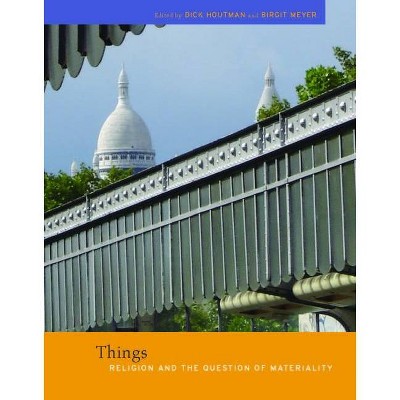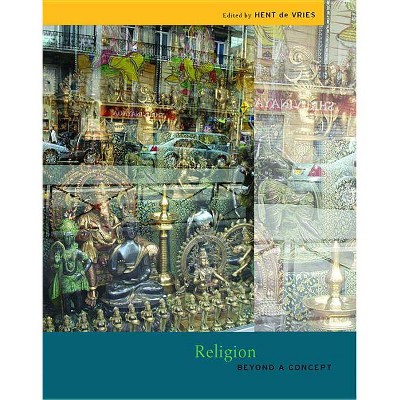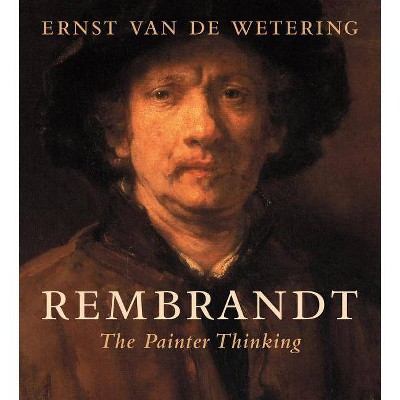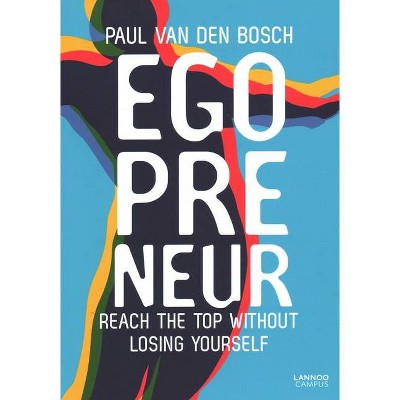Words - (Future of the Religious Past) by Ernst Van Den Hemel & Asja Szafraniec (Paperback)
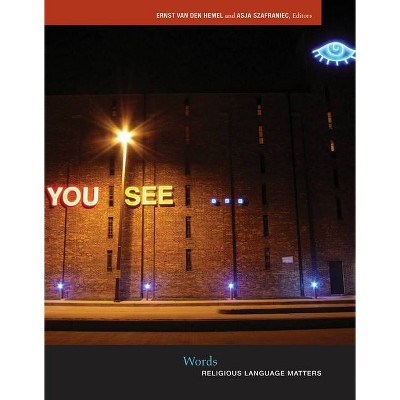
Similar Products
Products of same category from the store
AllProduct info
<p/><br></br><p><b> About the Book </b></p></br></br>Examines the link between our (implicit) assumptions about language and our understanding of religious phenomena. In particular, focuses on the performative and material specificity of word use in religion.<p/><br></br><p><b> Book Synopsis </b></p></br></br><p>It is said that words are like people: One can encounter them daily yet never come to know their true selves. This volume examines what words are--how they exist--in religious phenomena. Going beyond the common idea that language merely describes states of mind, beliefs, and intentions, the book looks at words in their performative and material specificity. <p/>The contributions in the volume develop the insight that our implicit assumptions about what language does guide the way we understand and experience religious phenomena. They also explore the possibility that insights about the particular status of religious utterances may in turn influence the way we think about words in our language.</p><p/><br></br><p><b> Review Quotes </b></p></br></br><br>"The conversation about the modern, the religious, and the secular is not over, and this volume will push the dialogue in fruitful new directions."<b>-----S. Brent Plate, <i>Hamilton College</i></b><br><p/><br></br><p><b> About the Author </b></p></br></br><br><strong>Ernst van den Hemel </strong>is research fellow at the Centre for the Humanities, University Utrecht. <p/><strong>Asja Szafraniec </strong>teaches in the Department of Philosophy at the University of Amsterdam.<br>
Price History
Price Archive shows prices from various stores, lets you see history and find the cheapest. There is no actual sale on the website. For all support, inquiry and suggestion messagescommunication@pricearchive.us
